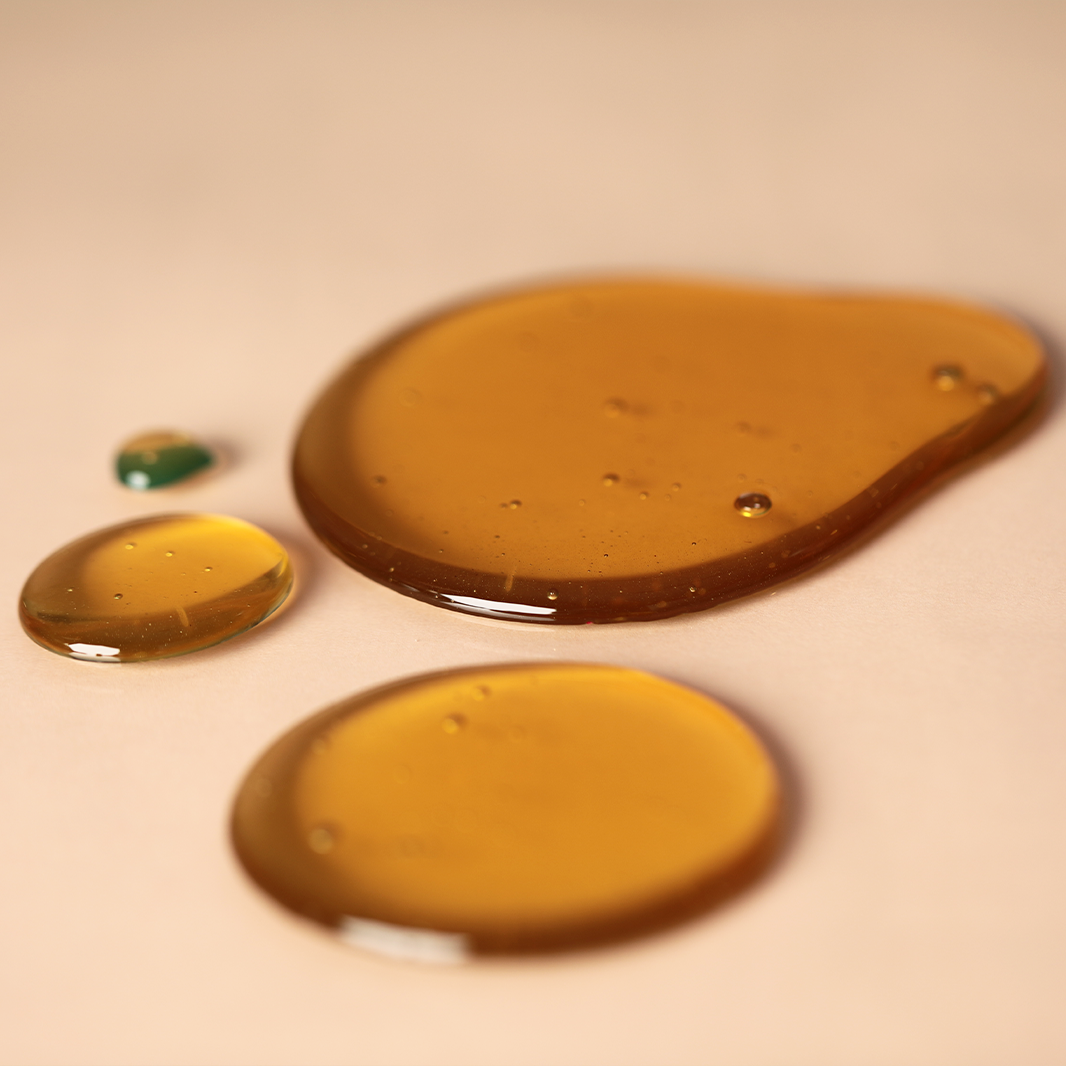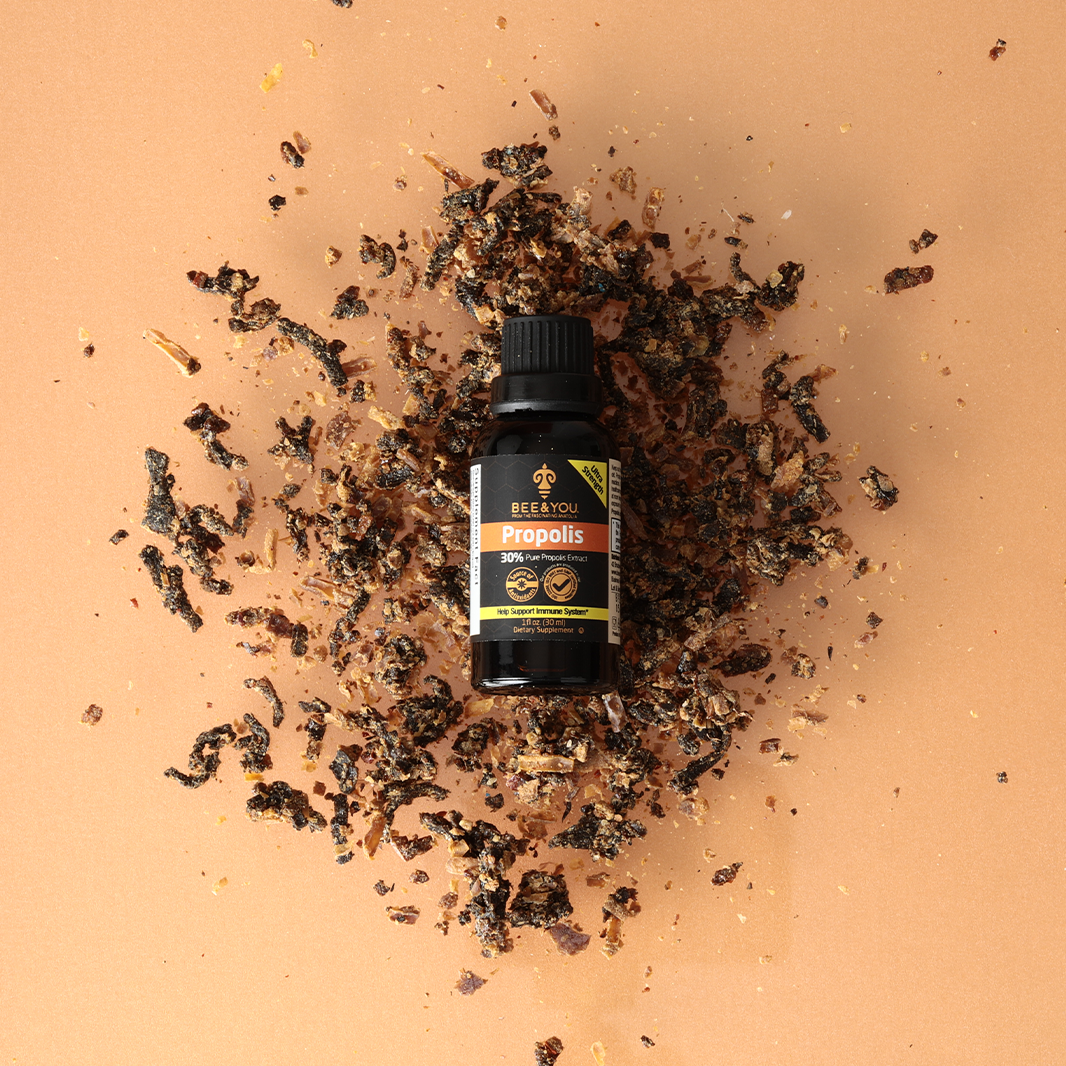Propolis is a resin-like bee product that the bees collect from the leaves, stems, and buds of plants. Its main function is to provide and maintain an antiseptic environment in the hive. Honeybees use propolis to protect their larvae and themselves against microorganisms (viruses, bacteria, and fungi), and they use it as a source of disinfectant in the hive. It has a high antioxidant capacity due to its rich content of flavonoids and phenolic compounds.
Joint research carried out at the University of Health Sciences in the USA and Campinas State University in Brazil in 2007 investigated the effect of propolis extracts on the proliferation of metastases and primary malignant tumors derived from human prostate cancer cells. The results demonstrated that propolis extracts had a significant inhibitory effect on the spread of human prostate cancer cells. The scientists proposed that propolis is promising as a chemotherapeutic and a preventive agent against prostate cancer.
Reference
Li, H., Kapur, A., Yang, J.X., Srivastava, S., McLeod, D.G., Paredes-Guzman, J.F., Daugsch, A., Park, Y.K ve Rhim, J.S. 2007. Antiproliferation of human prostate cancer cells by ethanolic extracts of Brazilian propolis and its botanical origin. International Journal of Oncology 31(3): 601-6.






